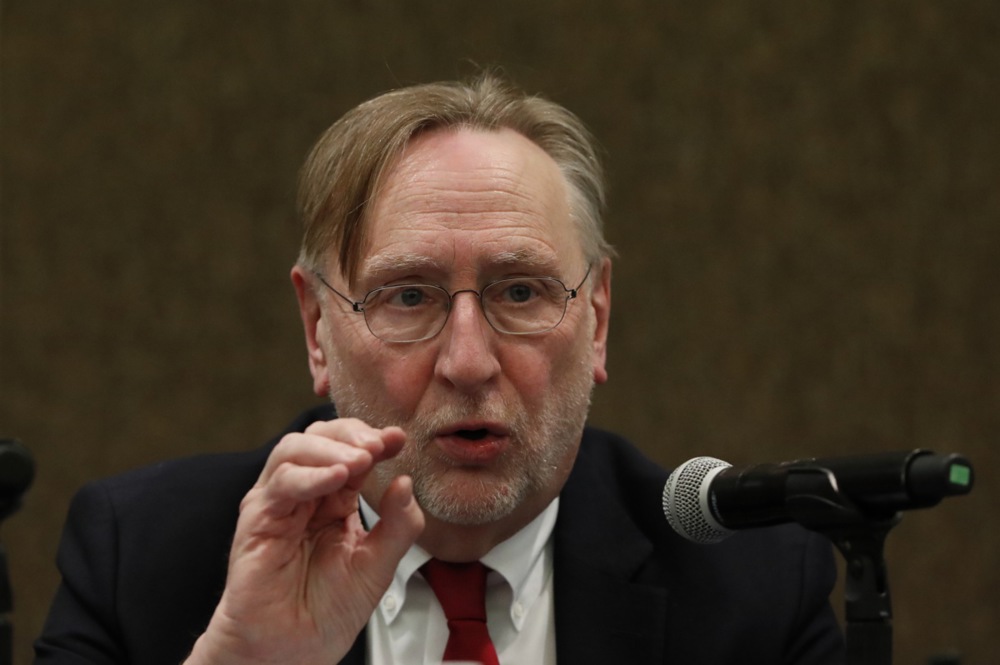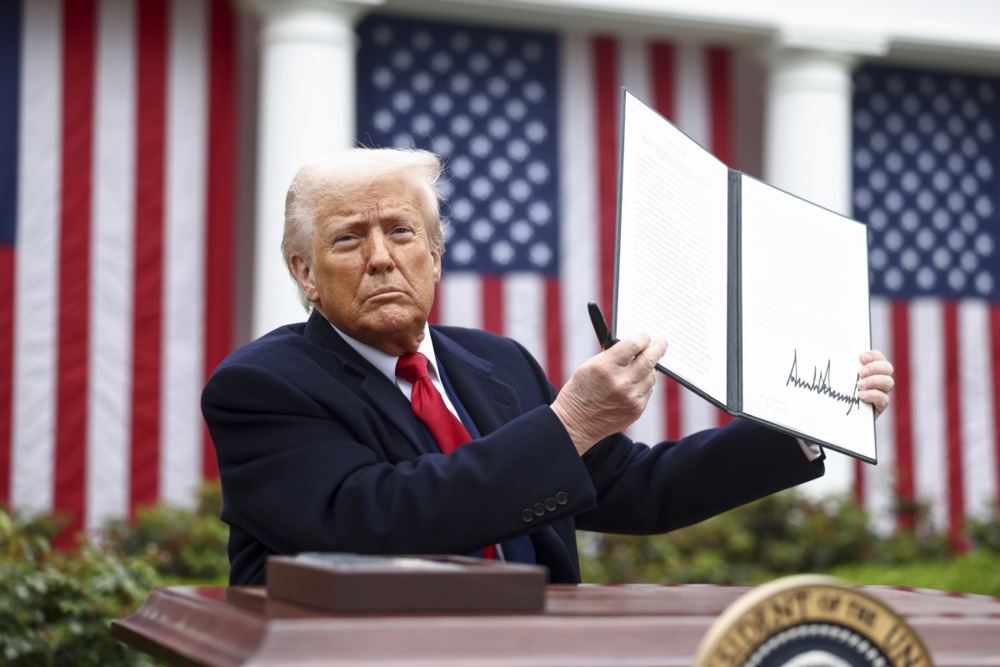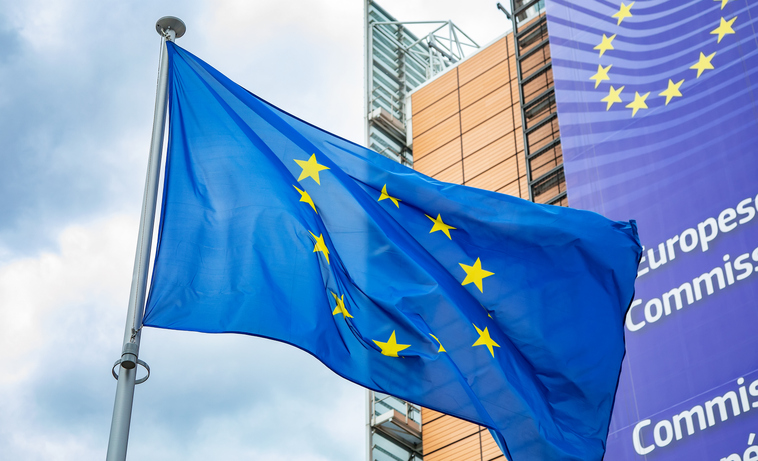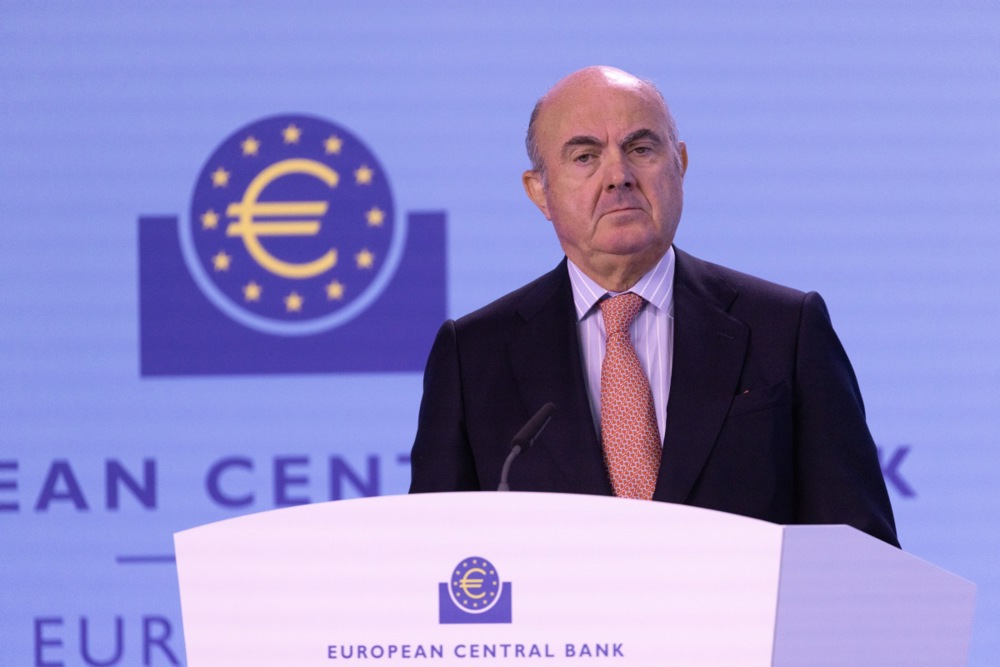European Commission President Ursula von der Leyen has said Brussels was eyeing a new Silk Road — this time lined with lithium and rare earths.
“We Europeans want to be partners in this new chapter in your thousand-year history. So today we establish a new Strategic Partnership between Central Asia and Europe,” she said in Samarkand, Uzbekistan. That was a stop on the ancient Silk Road linking Asia and the West and now marked a new symbol of economic development in the region.
She was speaking during the first Global Gateway Investors Forum for the European Union – Central Asia Transport Corridor.
The summit, held over April 3 and 4, marked a pivotal moment in the EU’s push to secure critical raw materials – and political influence – in a region long overlooked by Brussels until now.
The event, co-hosted by the European Commission and the Uzbekistan Government, marked a major step in the EU’s efforts to deepen ties with Central Asia — specifically to secure access to the region’s critical raw materials.
Central Asia — comprising Kazakhstan, Kyrgyzstan, Tajikistan, Turkmenistan and Uzbekistan — has become central to Europe’s strategy to diversify access to such raw materials.
The EU is not alone in recognising the region’s potential. China had a head start, having invested billions in infrastructure, logistics and mining. Russia, despite its war in Ukraine, has maintained deep economic ties. Turkey and Arab Gulf countries have also been increasing their presence.
In addition to discussions on raw materials, the summit underscored a broader geopolitical pivot.
As ties with former Soviet republics in Central Asia have grown stronger since Russia’s full-scale invasion of Ukraine, the EU is keen to leverage the region’s vast deposit.
That was not only of lithium and rare earths but also uranium and other critical minerals needed to support its “green” and “digital” transitions.
That has come less than a year after the implementation of European legislation designed to ensure the supply of essential raw materials.
The summit in Samarkand also featured plans to establish a European Investment Bank office in Tashkent, host a European Investment Forum in Uzbekistan and sign a “Déclaration de Samarcande” to formalise this renewed strategic partnership.
Von der Leyen outlined a four-pronged approach.
First, investing in the International Transport Route — which she noted would cut overland travel between Europe and Central Asia to 15 days — by pledging a Global Gateway Investment Package of €12 billion.
Second, she emphasised enhanced co-operation on critical raw materials, stating: “This is the European way. We bring investment, transparency and good governance. We bring local benefits and long-term partnership.” Her address highlighted ongoing projects including the €1.6 billion investment at the Almalyk copper mine in Uzbekistan.
Third, speaking about the export of clean energy, von der Leyen underscored the region’s potential to become a robust export hub.
She stressed that Central Asia could not only meet its own energy needs but also produce enough clean energy for trade. That was a critical point as the EU diversified its reliance on China for critical minerals and, more recently, sought to lessen its dependence on the US in general following new tariffs announced on April 2.
This pivot is designed to reinforce the EU’s supply chains and bolster its broader trade strategy in a shifting global landscape.
Finally, on digital connectivity, von der Leyen expressed the transformative potential of the EU’s satellite network as another way of creating new trade opportunities. “Europe has a world-class network of satellites, which can reach the most remote areas where data cables may never arrive,” she said.
Referring to the wider geopolitical context, just a day after US President Donald Trump announced his worldwide wave of reciprocal tariffs, President of the European Council António Costa, also present at the summit, declared: “We are living in a world of disorder and fragmentation where the only viable solution for the EU is to build stronger partnerships to advance peace and prosperity.”
Adding to this dynamic, Kyrgyz media reported that Kyrgyzstan’s trade turnover with the EU increased in 2024. National leaders in the country pointed out that they also sought to export their rare earths.
EU officials have highlighted the strategic importance of these resources, with the bloc unveiling a list of 47 projects in the past few days, aimed at enhancing extraction, processing and recycling capabilities.
The EU’s strategies revolved around the Global Gateway, its answer to China’s Belt and Road Initiative, which sought to mobilise €300 billion in global infrastructure investment by 2027.
“Unlike China’s model”, the EU positioned itself as a “values-based” partner, as von der Leyen told Central Asian leaders: “This is the European way. We bring investment, transparency and good governance. We bring local benefits and long-term partnership.”
Besides China, Russia has continued to wield significant influence in the region — a legacy of its historical ties and ongoing economic engagement.
To attract Central Asian partners out of Moscow’s orbit, EU leaders have stressed the need for a proactive stance.
During a recent visit to Turkmenistan’s capital Ashgabat, top EU diplomat Kaja Kallas explicitly warned that “Russian companies must not use Central Asia to bypass these restrictions”, highlighting concerns over how Moscow leveraged the region to skirt Western sanctions.
Kazakhstan had drawn fresh attention over its resources after its Ministry of Industry and Construction announced a major rare earth discovery in East Kazakhstan in March 2024. The deposit, estimated at 240,000 tonnes, could be one of the largest in the region.
It has strengthened Kazakhstan’s role as the EU’s most advanced and resource-rich partner in Central Asia, already the first in the region to sign a CRM partnership with Brussels in 2022.





